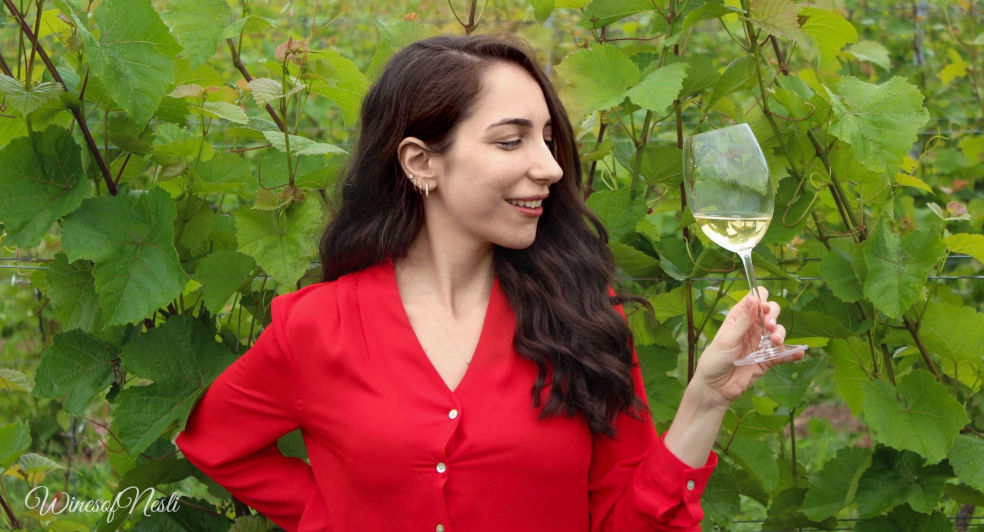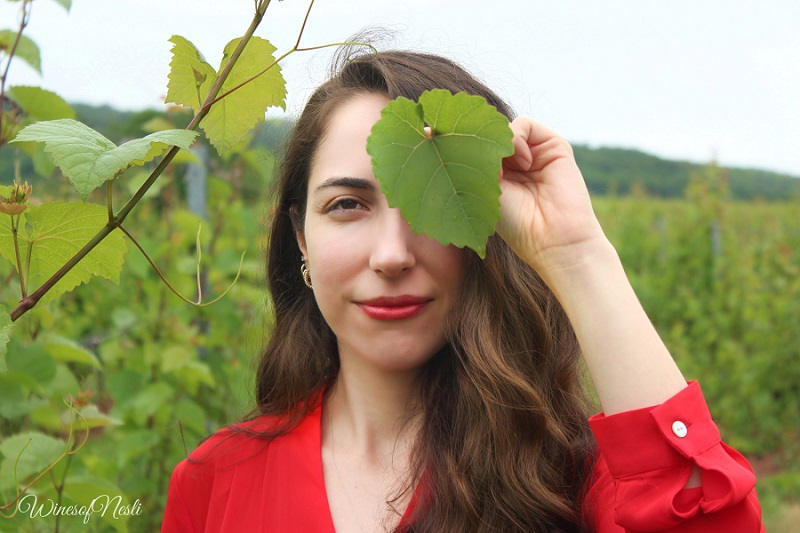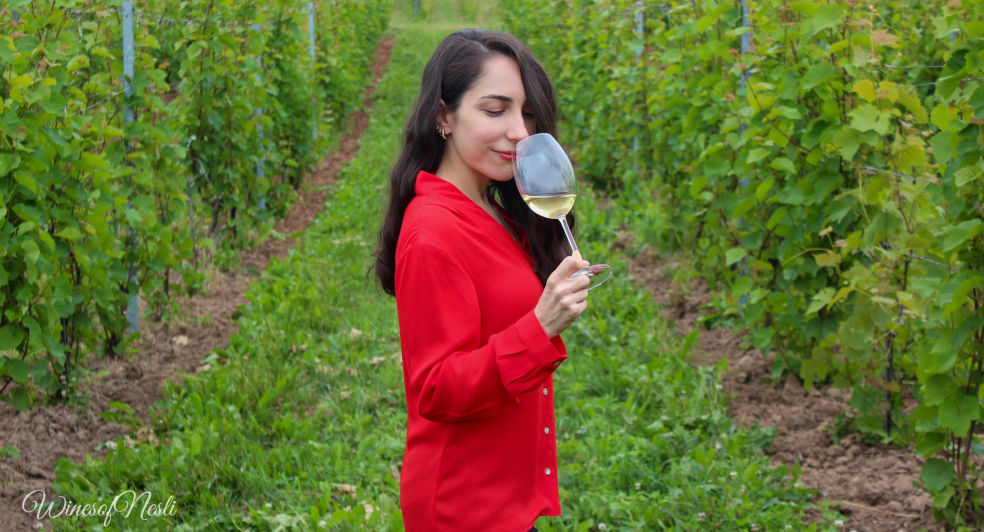Interview With A Winemaker – Neslihan Ivit
2nd June 2023

Wine isn’t just made, it’s crafted by the unwavering expertise of a Winemaker, sometimes old traditions are passed down by generations and on other occasions, new people venture into the industry, introducing us to new creations, this series of Winemaker Interviews will help you uncover the vast world and skills of how the artists passionate about wine make the world a bubbly place.
In this feature we speak with Neslihan Ivit, an amazing Winemaker from France, let’s discover a little about her time in the French Wine Industry.
Tell Us About Yourself
“My name is Neslihan Ivit, you can call me “Nesli”. I am a Canadian-Turkish winemaker with a scientific background and a wine & food communicator. I am fascinated with everything involving wine, especially wine technology and science, and all surrounding it from history to gastronomy. Following my passion for wine and its culture, I traveled and made wine around the world with an international vision.
“I currently live in France, and work as head of unit oenology and methods of analysis at the International Organization of Vine and Wine (OIV), which is the scientific and technical reference of the vine and wine world. It’s very rewarding to serve the wine world in this position and be the pioneer of scientific activities thanks to the technical support of wine experts from all around the world.
“On the other hand, I have a creative soul to fulfill. For this, I photograph and write about my experiences in the vineyards, wineries and about gastronomy and tell stories of fellow wine professionals from all around the world. Sharing my wine and food experiences on my personal blog and social media accounts at @winesofnesli gives me joy. You can see me blending my Turkish and Canadian roots in the kitchen and finding interesting wine pairings.”

How Did You Become Involved In The Wine Industry?
“My background is in food engineering. While I was a university student my first internship was at a winery in Turkey back in 2009. This was my first harvest, and I enjoyed winemaking so much that I turned back to the same winery every summer until graduating. After three summers, I knew winemaking was my path to follow. That’s why I decided to pursue a master of science diploma in oenology and viticulture in France and Spain. There I learned the winegrowing techniques starting from the vineyard until the bottle. During my studies, I specialized in sparkling wine with the traditional method, and the impact of the yeasts.
“The rest came very naturally. I wanted to discover the wine world, so I made my way to different winegrowing countries, including Turkey, France, Spain, Chile, USA and Canada to make wine. In every winery I worked in, I had a chance to vinify autochthonous varieties, apply specific winemaking techniques and design trials for improving the quality. I spent the last 6 years in Canada working with Nova Scotia wineries on various projects of winemaking and wine analysis, before moving back to France.
“As a believer in continuous learning, I take every opportunity to taste different wines, discover wine regions, and feed myself with the latest scientific studies in wine. Hence, I am in the wine sector with the same excitement I had when I started back in 2009.”
As A Winemaker, What Has Been Your Hardest Obstacle To Overcome In Producing Wine?
“With our changing climate and continuously evolving consumer demands, we winemakers face different challenges each vintage. But I don’t like to call them “obstacles”. I consider them as opportunities to think out of the box, do things in an innovative and sustainable way and use science as our guide while dealing with them.
“Let me give you some examples. Canned wines have been increasing their demand in the international market, but at the beginning the scientific studies fall behind to fully understand how wine reacts in this new packaging. So, the challenge was to compile all the available information and design in-house trials to produce wines that are suitable to go in cans. In the case of climate change, it shows its effects in many different aspects and one of them is the increased sugar on the grapes, and corresponding alcohol levels in wines. For this, there are many different approaches starting from vineyard management until vinification. For example, one of the biotechnological tools is the effect of different yeast strains which have the capacity to moderate the alcohol content of the wines. At the end of the day, it’s our job as winemaker to keep ourselves up to date, be aware of the available tools and choose the most suitable one for our case.”
How Do You Determine When Your Wine Is Ready To Drink?
“When it comes to this decision, first I refer to my notes on the grape variety, maturity and quality of the grapes and the methods I use while making the wine. And then of course I taste the wine to give the final verdict. For example, I made a blend of Grenache, Carignan and Syrah with carbonic maceration. This method gives wines that are fruit forward and enjoyable when drunk young, so it was ready to drink in less than a year. On the contrary, I made a blend with Cabernet Sauvignon, Cabernet Franc, Merlot and Petit Verdot, aged in barrels for a year. This wine took around seven years to reach its ideal time.”

What Part Of The Wine Making Process Do You Enjoy The Most?
“For me, that would be the alcoholic fermentation. This is when the yeasts turn the grape juice into wine, but the winemaker has a huge role, as every single detail has a contribution in the characteristics of the wine: If you are inoculating or not, if yes which yeast you are using, which temperature you are conducting the fermentation, which type of vat you are fermenting in, oak, concrete, clay or stainless steel, how much air you are incorporating… All these are decisions we make to arrive at the final wine we have in mind. I found this truly exciting every harvest. I also enjoy the aging and blending processes which are technical and creative at the same time.
“But if you ask me in general, the part that I enjoy the most about winemaking is the teamwork. No wine is made alone, and the synergy of the team really makes a difference at the end of the day.”
Thank you Neslihan, for sharing your words, knowledge and experience with us and we at Glass of Bubbly wish you the very best for the future!
Images belong to Neslihan Ivit. Glass of Bubbly was granted permission to use them.
![]()
Oliver Walkey
Champagne and Sparkling Wine Writer, Focused on Bringing the Exciting and Fascinating World of Bubbly to You.
